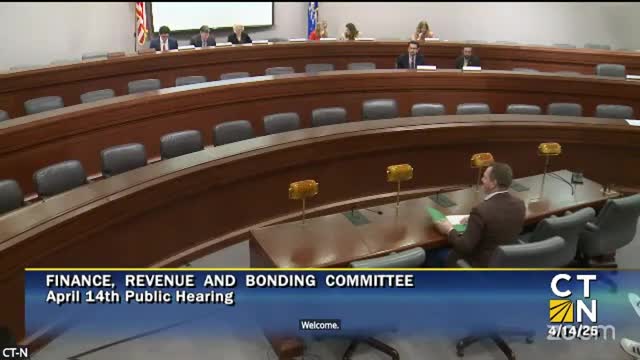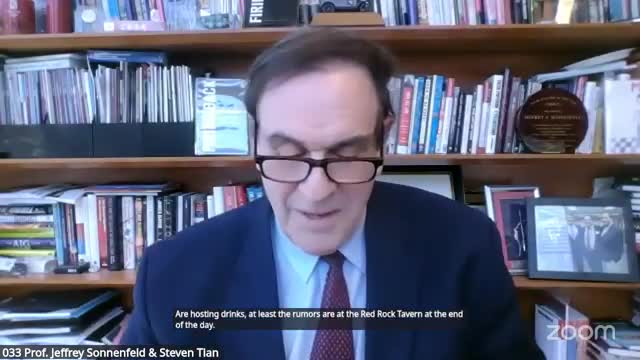Article not found
This article is no longer available. But don't worry—we've gathered other articles that discuss the same topic.

Parents, child advocates urge Connecticut to adopt refundable child tax credit; bill would index income tax and create credit

Connecticut hearing weighs 2¢-per-ounce sweetened beverage tax to fund universal school meals

